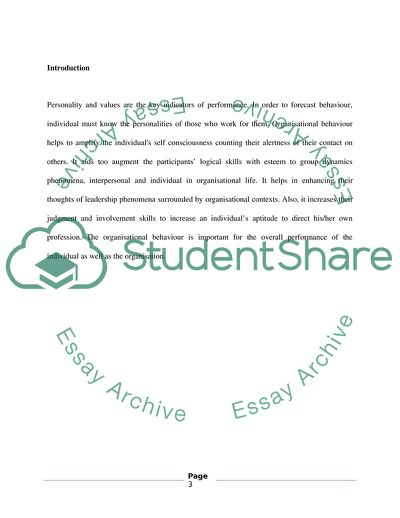Cite this document
(Human Behaviour in Organisations Coursework Example | Topics and Well Written Essays - 1500 words, n.d.)
Human Behaviour in Organisations Coursework Example | Topics and Well Written Essays - 1500 words. https://studentshare.org/social-science/1740211-human-behaviour-in-organisations
Human Behaviour in Organisations Coursework Example | Topics and Well Written Essays - 1500 words. https://studentshare.org/social-science/1740211-human-behaviour-in-organisations
(Human Behaviour in Organisations Coursework Example | Topics and Well Written Essays - 1500 Words)
Human Behaviour in Organisations Coursework Example | Topics and Well Written Essays - 1500 Words. https://studentshare.org/social-science/1740211-human-behaviour-in-organisations.
Human Behaviour in Organisations Coursework Example | Topics and Well Written Essays - 1500 Words. https://studentshare.org/social-science/1740211-human-behaviour-in-organisations.
“Human Behaviour in Organisations Coursework Example | Topics and Well Written Essays - 1500 Words”. https://studentshare.org/social-science/1740211-human-behaviour-in-organisations.


